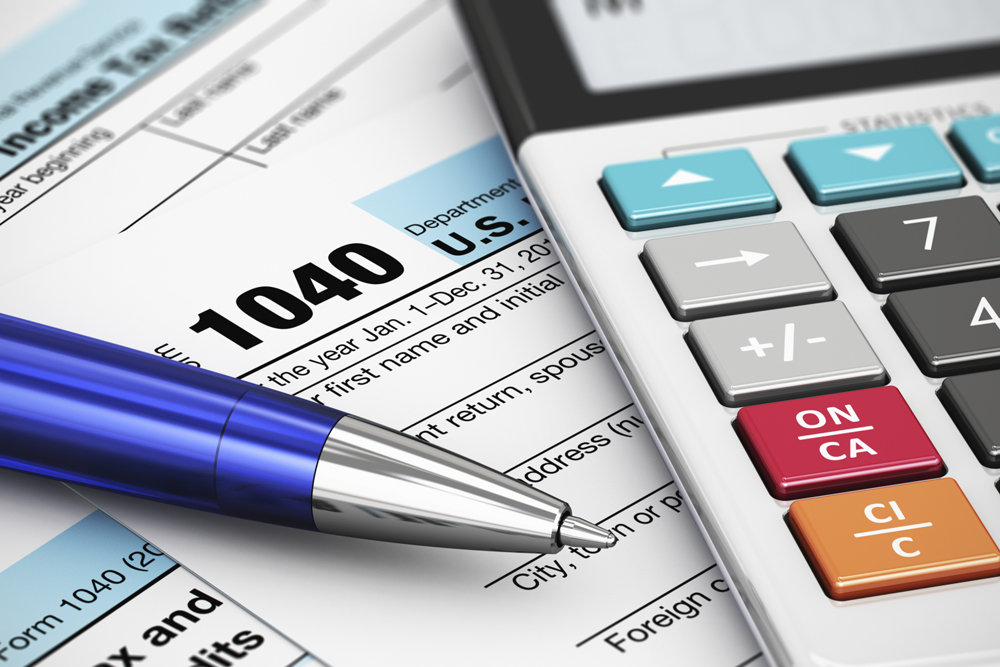
Corporate Income Tax is a form of direct tax levied on the net income or profit of a corporation and other businesses; sometimes it is also referred to as corporate Income Tax or business profit tax in other jurisdictions. Shareholders are the people who initially bear the corporate income tax rate burdens, over time this can also be a chain reaction where it can be shared among other people in the firm which begins with the shareholders. Corporate tax reduces the shareholder’s profit which further causes them to shift their Investments to non-corporate sectors. In the United Arab Emirates, business entities will be subjected to the 9 percent of the corporate Income Tax if their Net profit exceeds AED 3,75,000.
According to the shareholder’s perspective, corporate tax can make the investors shift Share investments from the corporate sector and invest in other safe havens to save from the tax burden but a Recent study from the Queensland University of Technology shows that the companies which pay a greater portion of tax provide the shareholders with a better return on their investments which have been made in the company both as a capital gain as well as dividend.
The shift to non-corporate Investments helps the investors to lower their tax burdens on the profit incurred from the non-corporate sectors where their risk is being adjusted by having an equalization between corporate and non-corporate sector investments but there can be a long term economic consequences that are being waited for these shareholders in response to the changes to the corporate income tax, where the shifting of investments can reduce the amount of capital which can affect the functioning of the firm.




